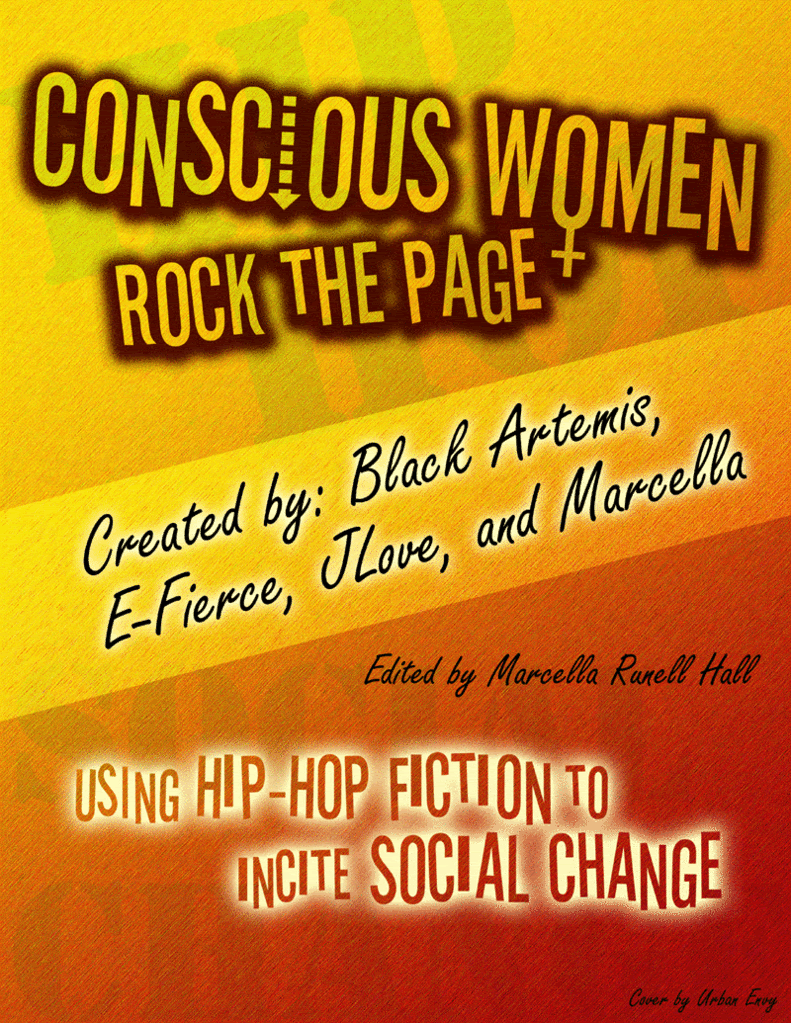I'm grinding away at the first draft of this manuscript, and I have to admit, a sista's tired. The closer I get to the end, the harder it is to finish, it seems. I'm that into and yet I think I need to rest my mind. I thought maybe if I shared a little bit more of it, it'd help me to return to the page. This scene takes place after Efrain's parents discover what he's been doing when he's supposed to be working a cash register at Jimmy Jazz.
__________
I treat myself to that hot shower, washing away the blood, the snot, the dirt, the street, the jail. But even though I lather twice and even wash my hair, I just can't strip the weight of what has happened. And not even holy water could dispel what is about to come. Sometimes I hear my mother and Rubio's raised voices over the hard spray of the shower. Only when I hear the apartment door slam do I turain. I towel off, change into the dingy sweats hanging behind the door and go face my mother.
__________
I treat myself to that hot shower, washing away the blood, the snot, the dirt, the street, the jail. But even though I lather twice and even wash my hair, I just can't strip the weight of what has happened. And not even holy water could dispel what is about to come. Sometimes I hear my mother and Rubio's raised voices over the hard spray of the shower. Only when I hear the apartment door slam do I turain. I towel off, change into the dingy sweats hanging behind the door and go face my mother.
She stands in the living room staring out of the window. At this hour, I don't know what there is to see. Even the bodega is closed, and Nestor's old crew is gone for the night. "Mami. . ."
My mother turns to face me with eyes swollen with exhaustion and anger. "Did you do it, Efrain? They arrested you for selling cocaine, and I need to hear the truth from you. Are you guilty?"
I knew this would be a hard conversation, but, man. . . I had no idea how deep it would cut. I don't know what hurts more: the fact that Moms still believes enough in me to grant me the benefit of the doubt or the reality of the next second in which I prove to her that I don't deserve it. "Yes."
And as if that single word gave her a push, my mother leans against the window to maintain her balance. "How long?"
I drop my head, tears stinging at the corner of my eyes. "Not long."
With threat behind every word, she presses. "How long is not long, Efrain?"
Damn, if she would just scream, and curse or even hit me, I can get through this. I can handle the rage. I want to take it. But this kind of weight? I can't carry it. I just can't. If I hurt her anymore, it will break me. "I've only been out there a few times, and I only did it to make money for college."
"Don't lie to me, Efrain. On top of everything. . ."
"That's the truth! I wasn't out there because I wanted clothes or jewelry or anything like that, and I had no plans to make it a way of life. Mami, I'm tired." I lift up my head because I know if my mother looks me in the eye, she will understand. "I'm tired of following all the rules and never winning the damn game. You don't want me to lie, OK, here's the truth. Nice guys don't finish last, Mami. Doing the right thing is supposed to be its own reward, but doing the right thing isn't going to pay my tuition. . ."
Suddenly, my mother grabs my chin like a vise. Gritting her teeth, she says, "You don't pay tuition when you go to prison." Before letting go, my mother shoves my head backwards. "And guess what, Efrain? If you get killed, soy yo que va tener que pagar. I'm the one who'll have to pay for your burial plot!"
In all my life, I have never seen my mother so enraged. No matter what he did, she never got this angry at Rubio.
